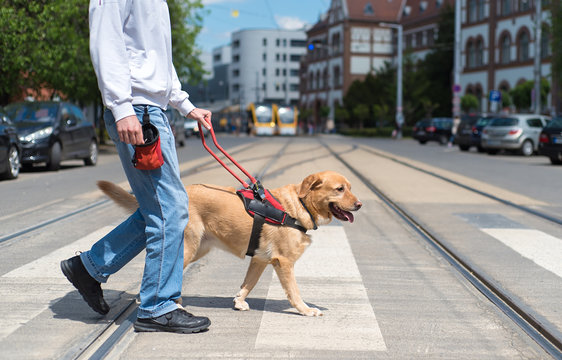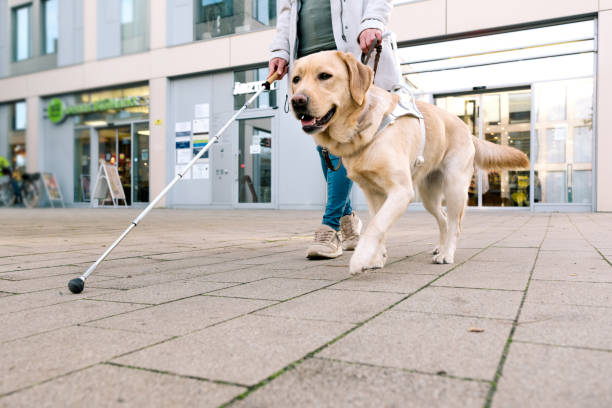5 Most Important Health Checkups for Dogs
1. Annual Wellness Exams: Schedule yearly comprehensive checkups to catch health issues early. Senior dogs (7+ years) should visit twice yearly for optimal care.
2. Vaccination Updates: Keep core vaccines current including rabies, DHPP, and discuss lifestyle vaccines with your veterinarian based on your dog's activities.
3. Dental Health Assessments: Regular dental cleanings prevent periodontal disease, which affects 80% of dogs by age 3. Watch for bad breath, yellow tartar, and difficulty eating.
4. Parasite Prevention Screening: Test for heartworms, intestinal parasites, and tick-borne diseases. Prevention is more cost-effective than treatment.
5. Weight and Nutrition Evaluation: Maintain ideal body condition to prevent obesity-related health problems. Discuss proper diet and portion control with your vet.



